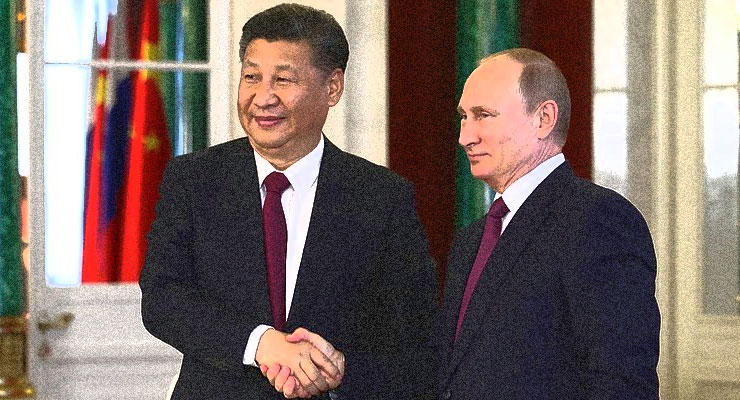
The Heritage Foundation recently hosted an event focused around a new report by the National Endowment for Democracy on modern dictatorship’s use of ‘sharp power’ as a foreign policy tool. From the event description:
The concept of “soft power” evokes for many a benign alternative to the exercise of hard power as nations strive for strategic influence abroad. Among the United States and its democratic allies, soft power involves public diplomacy, people-to-people programs, student exchanges, cultural outreach and broadcasting news to foreign publics. For authoritarian regimes, however, the open exchange of ideas that characterize democracies is seen as a weakness and vulnerability to be exploited. In our globalized information environment, countries like China and Russia practice a very different kind of influence projection, termed “sharp power” by the authors of a new study published by the National Endowment of Democracy.
The International Forum for Democratic Studies at the National Endowment for Democracy was responsible for the new report titled, “Sharp Power: Rising Authoritarian Influence“. Here is the abstract from the report:
In recent years, China and Russia have invested significant resources in media, academic, cultural, and think tank initiatives designed to shape public opinion and perceptions around the world. These authoritarian influence efforts have traditionally been viewed by the democracies through the familiar lens of “soft power,” a concept which has become a catch-all term for forms of influence that are not “hard” in the sense of military force or economic might. Yet the authoritarian influence that has gained pace and traction in recent years, while not hard in the openly coercive sense, is not really soft, either.
Rather, authoritarian influence efforts in young and vulnerable democracies are “sharp” in the sense that they pierce, penetrate, or perforate the information and political environments in the targeted countries. These regimes are not necessarily seeking to “win hearts and minds,” the common frame of reference for “soft power” efforts, but they are surely seeking to influence their target audiences by manipulating or distorting the information that reaches them.
The following are key steps that can be taken to address the malign efforts by Russia and China to influence and manipulate democracies:
- Address the shortage of information on China and Russia in young and vulnerable democracies
- Unmask authoritarian influence in a comprehensive manner
- Inoculate democratic societies against malign authoritarian influence
- Reaffirm support for democratic values and ideals
- Re-conceptualize soft power
The full video is about 60 minutes. Take a look:
Leave a Reply